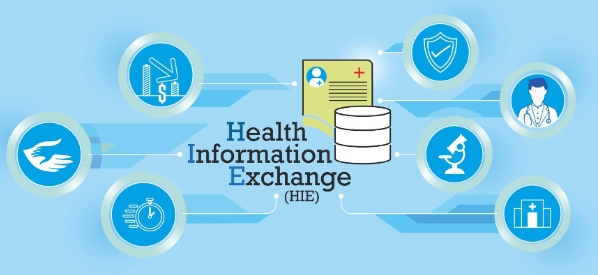Public health information exchange (HIE) plays a crucial role in improving patient outcomes by facilitating the seamless sharing of medical information among healthcare providers, public health agencies, and other stakeholders.
Enhanced Coordination of Care
HIE enables healthcare providers to access a patient’s comprehensive medical history, lab results, and medication lists in real-time, ensuring that they have all the necessary information to make informed clinical decisions.
Reduction of Duplication and Errors
By allowing for the electronic exchange of medical records, HIE reduces the likelihood of duplicate tests and procedures, as well as errors in diagnosis and treatment, ultimately leading to improved patient safety and outcomes.
Timely Interventions and Preventive Care
HIE enables healthcare providers to receive timely alerts and notifications about patients with chronic conditions, helping them to intervene proactively and provide preventive care, ultimately leading to better management of chronic diseases and improved patient outcomes.
Improved Public Health Surveillance and Response
HIE enables public health agencies to monitor disease outbreaks and trends in real-time, enabling them to respond quickly and effectively to public health emergencies and prevent the spread of infectious diseases, ultimately leading to improved population health outcomes.
Enhanced Patient Engagement and Empowerment
By providing patients with access to their health information through patient portals and secure messaging platforms, HIE promotes patient engagement and empowerment, enabling patients to actively participate in their care and make informed decisions about their health, ultimately leading to improved health outcomes.
In conclusion, public health information exchange plays a critical role in improving patient outcomes by enhancing coordination of care, reducing duplication and errors, facilitating timely interventions and preventive care, improving public health surveillance and response, and promoting patient engagement and empowerment. It is essential for healthcare organizations and public health agencies to invest in HIE infrastructure to drive better health outcomes for individuals and populations.

